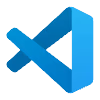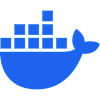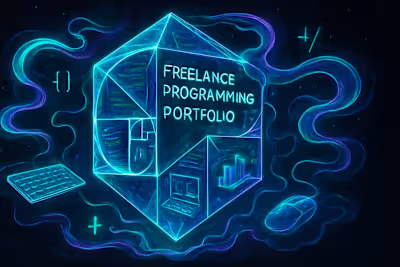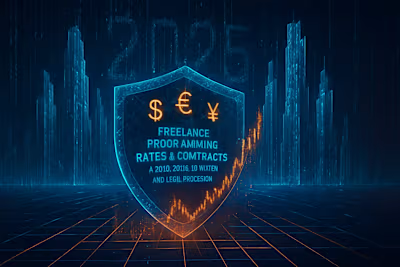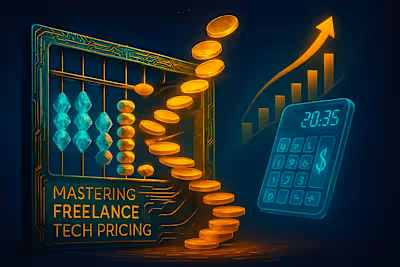Top Freelance Programming Languages & Niches for Success in 2025

Top Freelance Programming Languages & Niches for Success in 2025
Most In-Demand Programming Languages for Freelancers in 2025
Python: Versatility in Web Dev, Data Science, AI
JavaScript (and TypeScript): The Backbone of Web Development
Java: Enterprise Systems and Android Development
C# and .NET: Microsoft Ecosystem and Game Development
Go (Golang): Cloud Infrastructure and Backend Services
Swift and Kotlin: Native Mobile Development (iOS & Android)
PHP: Powering a Significant Portion of the Web
Ruby (on Rails): Rapid Development for Startups
Profitable Freelance Programming Niches to Consider
AI and Machine Learning Development
Cybersecurity and Data Privacy
Cloud Computing and DevOps Engineering
E-commerce Development
Mobile Application Development (Niche Focus)
Data Science and Big Data Analytics
Blockchain and Web3 Development
How to Choose Your Language and Niche Wisely
Align with Your Interests and Passion
Research Market Demand and Future Trends
Consider Your Existing Skills and Experience
The Benefits of Specialization vs. Generalization
Staying Ahead: Continuous Learning in a Dynamic Field
Resources for Learning New Languages and Technologies
Adapting to Evolving Client Needs and Industry Shifts
Conclusion
References
Top Freelance Programming Languages & Niches for Success in 2025
Most In-Demand Programming Languages for Freelancers in 2025
Python: Versatility in Web Dev, Data Science, AI
JavaScript (and TypeScript): The Backbone of Web Development
Java: Enterprise Systems and Android Development
C# and .NET: Microsoft Ecosystem and Game Development
Go (Golang): Cloud Infrastructure and Backend Services
Swift and Kotlin: Native Mobile Development (iOS & Android)
PHP: Powering a Significant Portion of the Web
Ruby (on Rails): Rapid Development for Startups
Profitable Freelance Programming Niches to Consider
AI and Machine Learning Development
Cybersecurity and Data Privacy
Cloud Computing and DevOps Engineering
E-commerce Development
Mobile Application Development (Niche Focus)
Data Science and Big Data Analytics
Blockchain and Web3 Development
How to Choose Your Language and Niche Wisely
Align with Your Interests and Passion
Research Market Demand and Future Trends
Consider Your Existing Skills and Experience
The Benefits of Specialization vs. Generalization
Staying Ahead: Continuous Learning in a Dynamic Field
Resources for Learning New Languages and Technologies
Adapting to Evolving Client Needs and Industry Shifts
Conclusion
References
Posted Jun 11, 2025
Discover the most in-demand programming languages and profitable niches for freelance programmers in 2025. Future-proof your freelance career!


